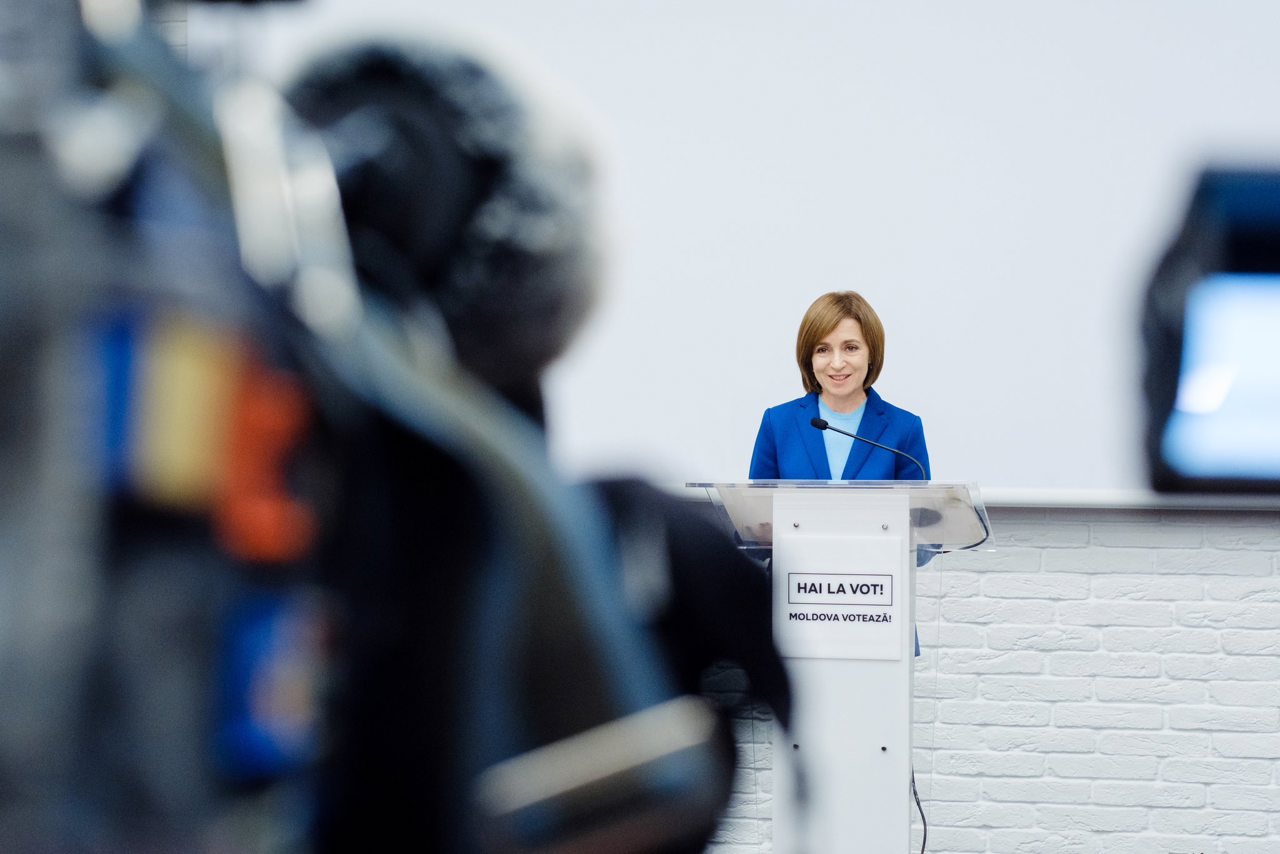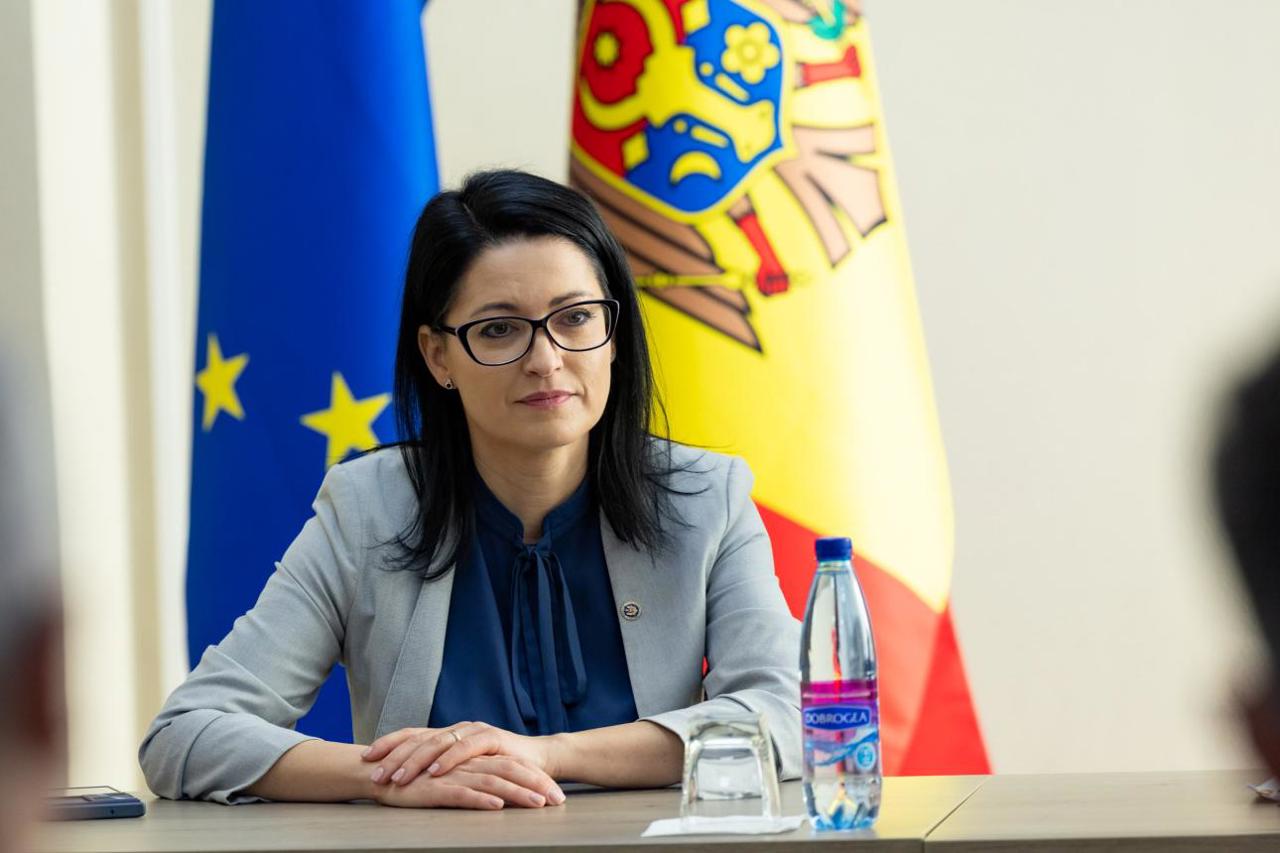Sandu’s win in Moldova seen as triumph over Russia’s interference
Russia is facing growing accusations from multiple governments of orchestrating a “massive” effort last Sunday to obstruct the voting of Moldovans abroad.

The importance of the diaspora’s votes is clear from the figures: at least 300,000 Moldovans living abroad cast ballots at voting stations in embassies and consulates—a “historic record,” according to the Central Electoral Commission, from a total of 3.3 million registered voters. Without the diaspora’s votes, Alexandr Stoianoglo might have won with close to 51% of the vote.
Meanwhile, pro-Russian propaganda ramped up, insisting that under Maia Sandu’s leadership, inflation had surged and that LGBT parades were now taking place on the streets, under police protection. However, Kremlin propaganda and disinformation also extended beyond Moldova’s borders.
On Monday, German Foreign Minister Annalena Baerbock condemned what she called a “massive, coordinated attempt” to obstruct Moldovans in Germany and the United Kingdom from voting in the second round of the presidential election. Polling stations in Frankfurt, Germany, as well as in Liverpool and Northampton, England, were targeted by false bomb threats, “intended to disrupt the voting process.”
U.S. President Joe Biden hailed Maia Sandu’s victory as a triumph for democracy, adding that Russia’s efforts to undermine democracy in Moldova had failed. “Russia failed,” Biden stated. Likewise, EU High Representative Josep Borrell praised Moldovan authorities for “successfully conducting the elections despite unprecedented interference from Russia, including vote-buying schemes and disinformation.” He added that “these hybrid efforts were aimed at undermining the country’s democratic institutions and its path to the EU.”
French President Emmanuel Macron similarly stated that democracy had triumphed over all interference and subterfuge. In a message posted in Romanian on “X” (formerly Twitter), Macron assured that “France will remain alongside Moldova on its European journey.”
In the lead-up to the first round of the presidential election, the European Commission in Brussels proposed a €1.8 billion growth plan for Moldova, aimed at doubling Moldova’s economy over the next decade. The plan links financial aid (grants and low-interest loans) to reforms, though it still requires approval from EU member states and the European Parliament, a process estimated to take five to six months.
Author: Dan Alexe
Translation by Iurie Tataru




